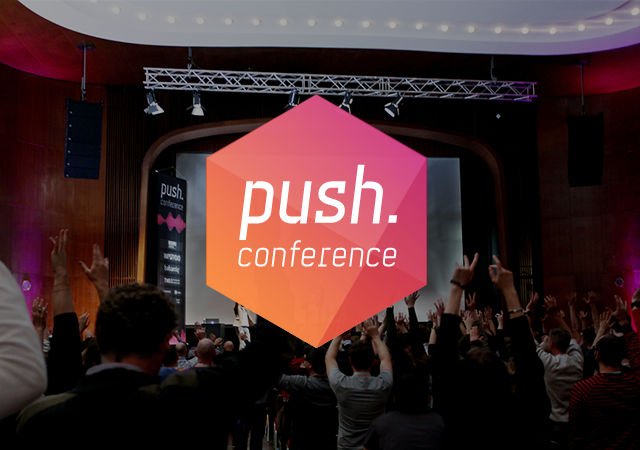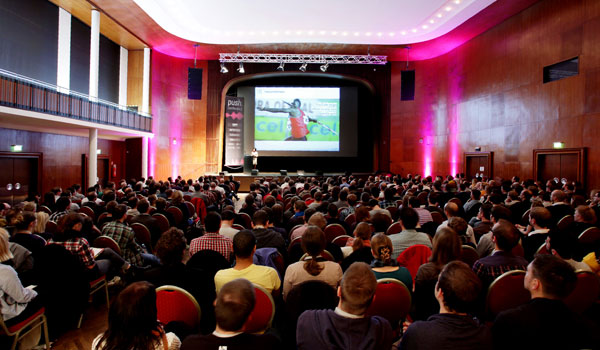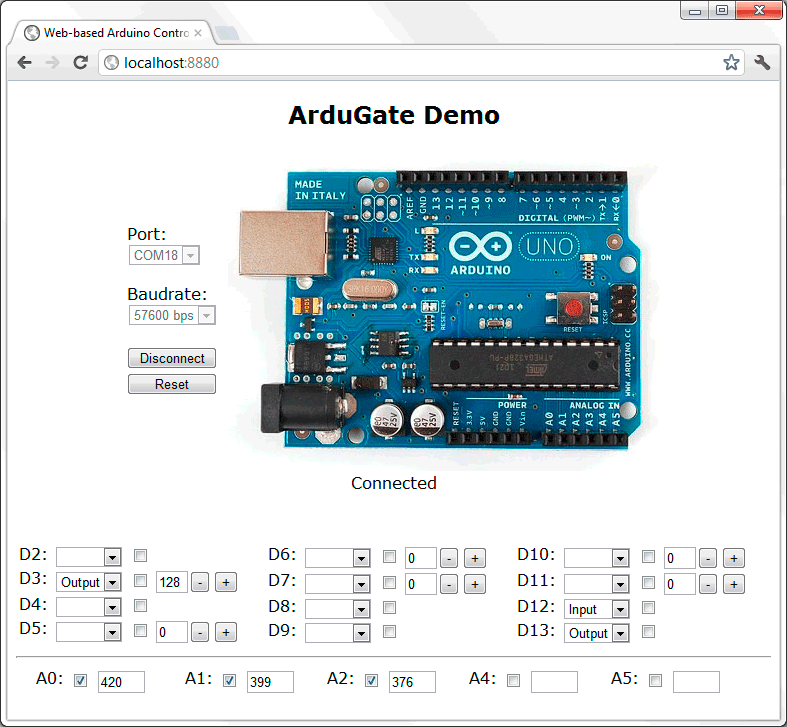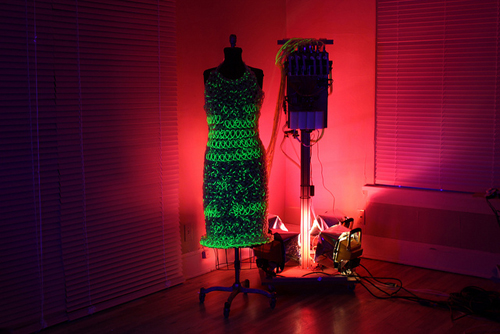Developers: builders or explorers?
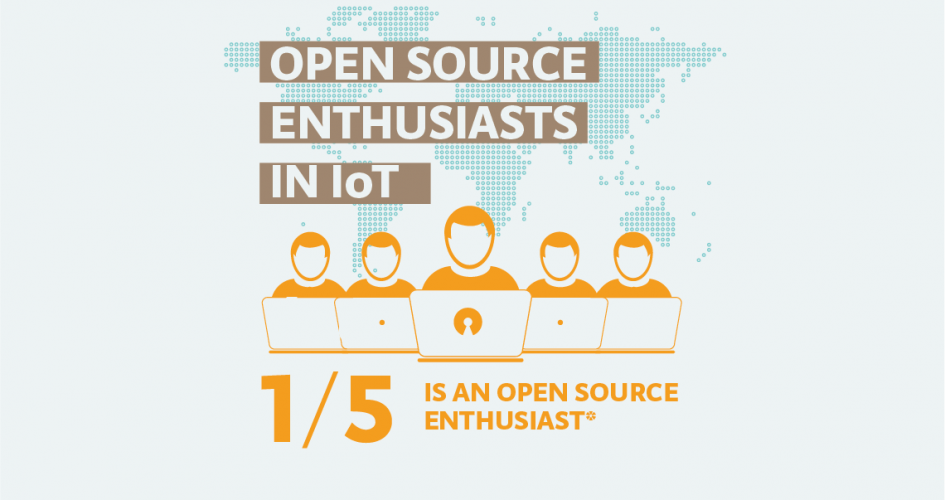
Last spring we collaborated with VisionMobile to run a survey on IoT developers and also the value that Open source has in the field.
We discovered that Between IoT developers there is a big chunk of open source enthusiast. 1/5 value the importance of using open source tools and platforms.
Developer that define themselves explorers cover a crucial role in the field. It is from them that all the truly new, out-of-the-box ideas come from.
Only by exploring seemingly crazy ideas can the Internet of Things reach its full potential. The open source ecosystem is often the area where these ideas bloom.
While open source is so valued between developers, there is still a lot of work to be done. 60% of the opensource enthusiast in fact, think that open standards are missing in IoT.
We are really happy that the connected Home is the most interesting vertical market for developers, and we can’t wait to see what this big group of explorers will develop in the next future. Hopefully the next big invention will be open source.
Find a full article on Developer Economics website.
On Casa Jasmina website you can explore the infographic in high-res with some interesting data:

The most important role of Internet of Things developers is to explore new possibilities. The technology is widely available; in no small part because of open source software and hardware projects. Now we need to learn where we can take it. We can build it, but should we?


